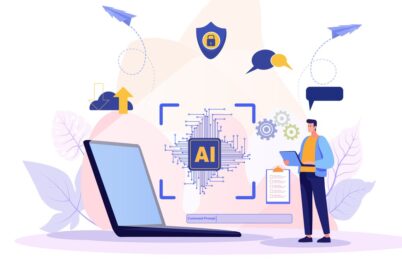In the ever-evolving landscape of business, artificial intelligence (AI) stands as a revolutionary vanguard, transforming mere possibilities into tangible solutions. The seismic shifts catalyzed by AI within organizations transcend the traditional boundaries established by data analytics and operational research, yielding significant results.
Think of the evolution of data and analytics in business as a journey. First, we had statistics, which gave us basic tools like dashboards and ways to test ideas through carefully designed experiments. Then came operations research, helping businesses plan better by figuring out how to allocate resources and maximize profits. More recently, machine learning, a branch of artificial intelligence, has taken us a step further by making smarter predictions—like which products customers might want to buy next or how risky a financial decision might be.
And now, we’re seeing the rise of generative AI, which can create things like text, images, and sound based on the data it’s given. These latest advancements—machine learning and generative AI—are opening up exciting new ways for organizations to improve their performance.
These advancements are not incremental; they are disruptive, in part because they allow innovations to be introduced in a manner that breaks the normal, linear, incremental approach to improving process. As we unpack the transformative power of AI, we spotlight three pivotal strategies it is used to supercharge organizational capabilities.






